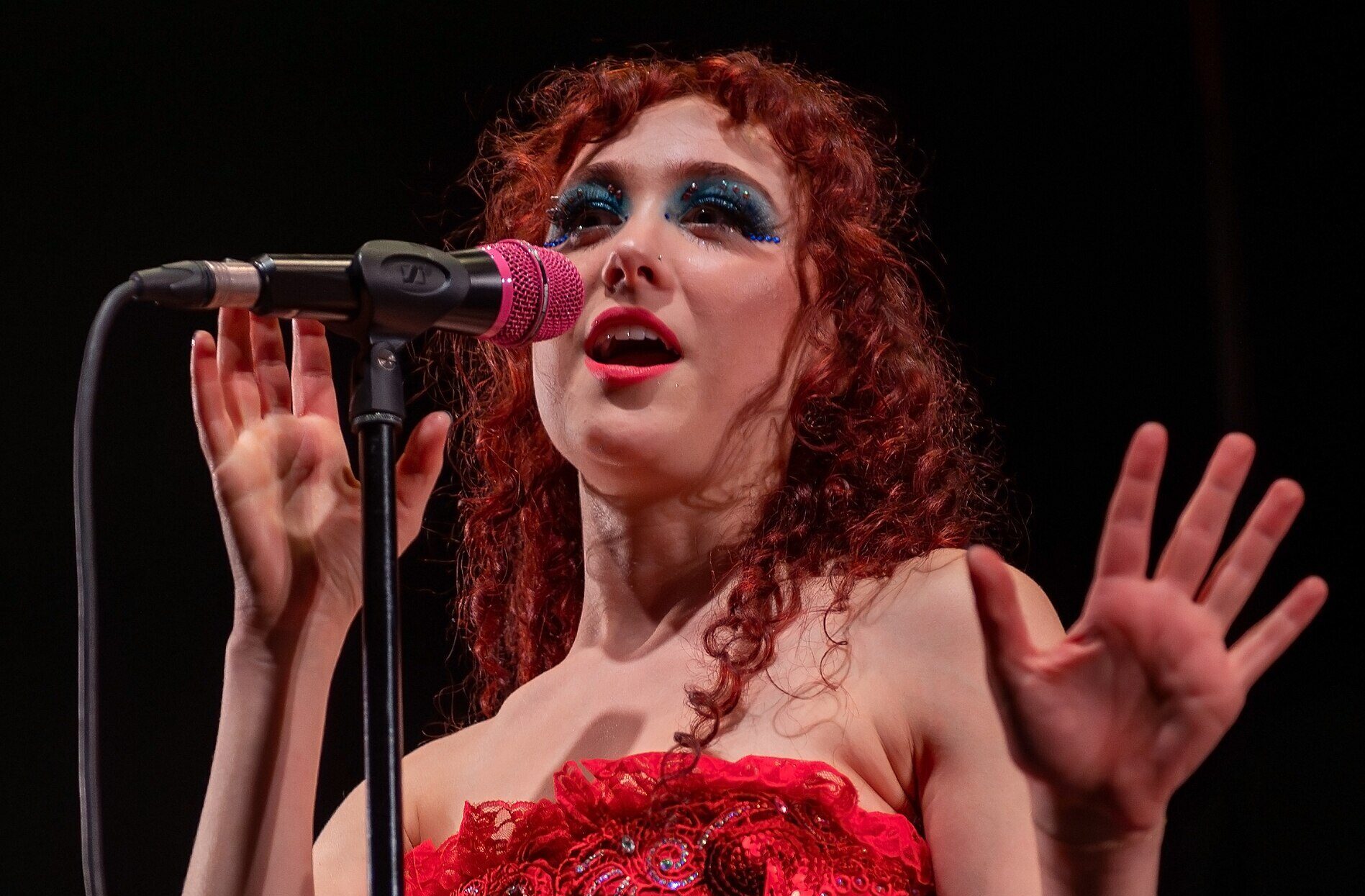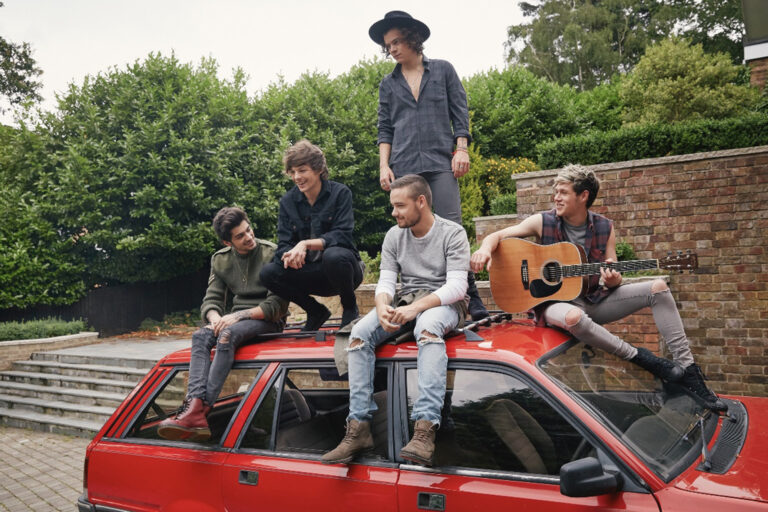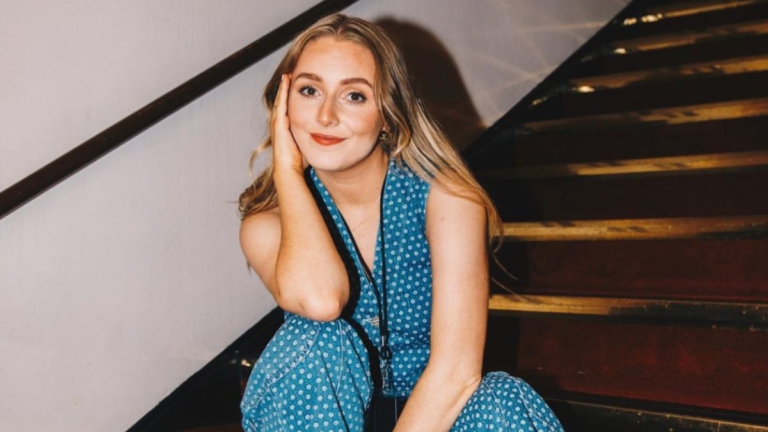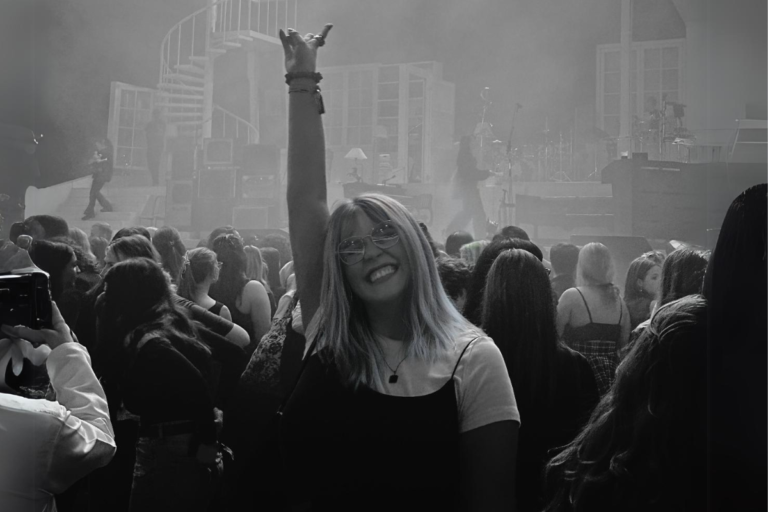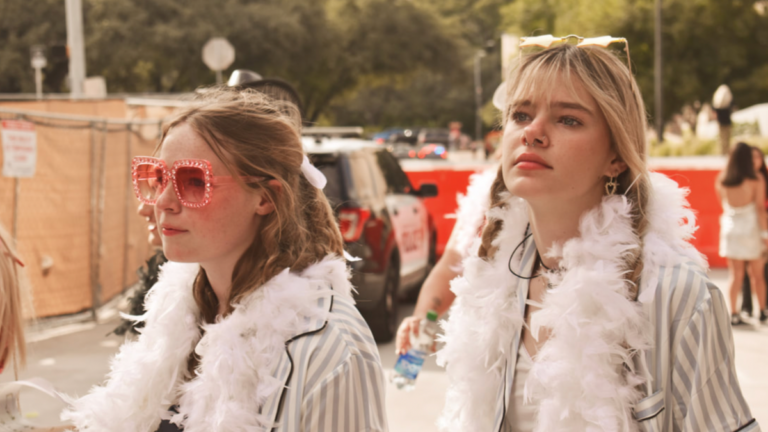Chappell Roan and The Importance of Setting Boundaries
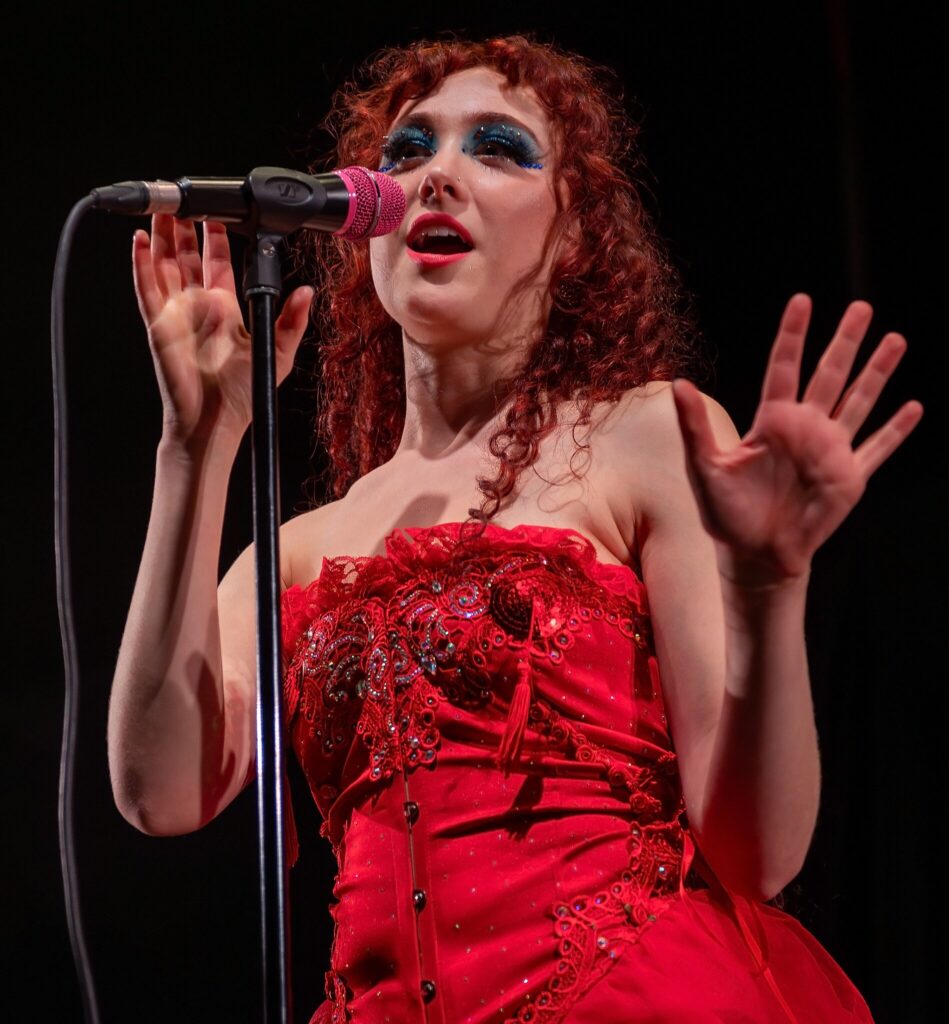
Do Chappell Roan and John Frusciante from Red Hot Chili Peppers have something in common? Hell yes!
Both are incredibly talented artists who have experienced the overwhelming rush of fame at a young age, and both have faced the emotional challenges that come with it.
One night, Camila was having a few drinks with her friends after a long day at work, just unwinding and having fun. Out of nowhere, a stranger kissed her, leaving her completely bewildered. Why would someone invade her personal space like that? Since I have got your attention, let me correct the story: it is not Camila, it is Chappell Roan. Now that we are in her shoes—or rather, her pink cowboy boots—we can imagine how unpleasant that moment must have been for her. No doubt, her controversial statements about fame, and how scared she feels because of it, were one of the hot topics shaking up the music industry in 2024 and got us all thinking.
Roan, whose real name is Kayleigh Rose Amstutz (but that is only for her close friends and family), started her music career like many artists, posting covers and original songs on YouTube at a young age. With hard work, she was signed by Atlantic Records at just 17, only to be dropped later on because her songs did not perform as expected. However, a couple of years later, with the release of Good Luck Babe! and other hits, as well as finding her own unique, heart-felt queer aesthetic, Roan shot to fame at lightning speed. She still has not fully come to terms with it, but it included massive audiences at Lollapalooza, an unforgettable debut at Coachella, streaming numbers skyrocketing, a VMA for Best New Artist, and, recently, six Grammy nominations. After parting ways with her management team, the artist is still keeping everyone talking.
It is not just her feeling overwhelmed by fame—many of the artists she knows personally feel the same way.
In her recent cover story for Rolling Stone, Roan shared that it is not just her feeling overwhelmed by fame—many of the artists she knows personally feel the same way. It is no surprise that they have security teams, as sadly, the relationship between “fans” and artists has turned “abusive and violent,” as Roan points out, sharing this concern with Phoebe Bridgers. And it is not hard to see why; we can see this fear in current artists in the latest video from Tyler, the Creator, Noid:
Over the last few decades, parasocial relationships between fans and celebrities have developed, and because of the closeness they feel through social media, fans believe they have emotional bonds with public figures and know them personally. This sense of familiarity makes them feel entitled to access, asking for photos, hugs, kisses, and other forms of closeness that may not be wanted by the artist.
But Roan has handled the situation almost “heroically.” Putting aside the fear of what people might say, the fear of rejection, or the fear of losing what she has gained, the 26-year-old artist has spoken up about this issue, while many others are just strengthening their security teams and dealing with it privately. Both approaches to dealing with fame’s challenges are respectable, but Roan shows her bravery, integrity, and most importantly her authenticity, by being completely transparent with her audience about how she feels.
So, “Your favourite artist’s favourite artist” made powerful statements like: “For the past 10 years I’ve been going non-stop to build my project and it’s come to the point that I need to draw lines and set boundaries,” and “I want to be an artist for a very, very long time. I’ve been in too many non-consensual physical and social interactions and I just need to lay it out and remind you, women don’t owe you shit.” “I chose this career path because I love music and art and honouring my inner child. I do not accept harassment of any kind because I chose this path, nor do I deserve it.” A clear way of setting boundaries—what a great example for many!
The criticism did not take long to show up. After her brave statements, the comments came in, like “This comes with the job,” ignoring Roan’s safety concerns, even though she already has a security team because some people have found her address and even tracked her flights to meet her at airports. The American entertainment show Saturday Night Live even made a sketch referring to the situation, perhaps not in the kindest way.
As a true fan of John Frusciante, guitarist of Red Hot Chili Peppers, songwriter, singer, and all-around exceptional human (forgive my subjective comment, but I just love this artist), it was impossible for me not to find similarities between Frusciante and Roan. Both are artists with incredible talent, both bring their essence to music and charm millions with their experiences, both overwhelmed by fame, and both phenomenal.
In 1992, John Frusciante found himself at the height of global fame after the massive success of Blood Sugar Sex Magik by the Red Hot Chili Peppers—who doesn’t remember the beautiful song Under the Bridge? Despite the band’s growing notoriety, Frusciante began to feel overwhelmed by the unexpected fame. Speaking with his bandmate Anthony Kiedis, the guitarist expressed that he did not want to reach that level of success anymore. He felt the band had moved away from its roots and struggled to find satisfaction in the popularity. During the tours, tensions between Frusciante and the rest of the band became clear, as seen in a backstage argument after a gig, where Frusciante complained about the band becoming “too famous.” His discomfort with fame was evident in his performance on shows like Saturday Night Live, where he played the wrong notes and pushed the limits of the performance, something Kiedis interpreted as sabotage. It was similiar to something Roan thought about once when invited to the White House-an invitation she eventuallly declined-imagining sabotaging that performance by choosing not to sing and instead reading poetry by Palestinian women, giving a voice to the community in Gaza.
Not long after, in May 1992, during a tour in Japan, Frusciante became more and more isolated from the band, spending most of his time in his room with his girlfriend. Finally, before a show in Tokyo, he told the band he was quitting. Frusciante explained that he could no longer continue with the band due to exhaustion and stress, and felt that he could not provide what the band needed to maintain their success. His departure reflected the emotional weight fame had put on him and the negative impact it was having on his well-being. This emotional collapse was also coupled with an internal struggle with addiction.
In 1998, Frusciante made a triumphant return to the band, bringing us hits like Californication and By the Way, touring the world and gifting fans with unforgettable guitar solos that marked pivotal moments in their lives. This new Frusciante with much more self-awareness, set healthy boundaries, enjoyed his life his way, took control of his path, decided what he wanted and did not want to do, and continued enjoying the love of a loyal and respectful fandom, one that honours and values everything he does.
So, Roan and Frusciante share much more than just incredible talent; they share stories of struggling with the demons of sudden fame and success, they share loyalty to themselves and their desires, they also share the desire to defend their boundaries, and they share a huge fan—like me! A real fangirl respects her favourite artist, understanding that the best way to show love and gratitude for the art they have created is by respecting their boundaries and privacy, supporting them, and enjoying their art. Fame should not come at such a high price. Let us protect our artists so they can continue creating and enjoying their careers every day.

